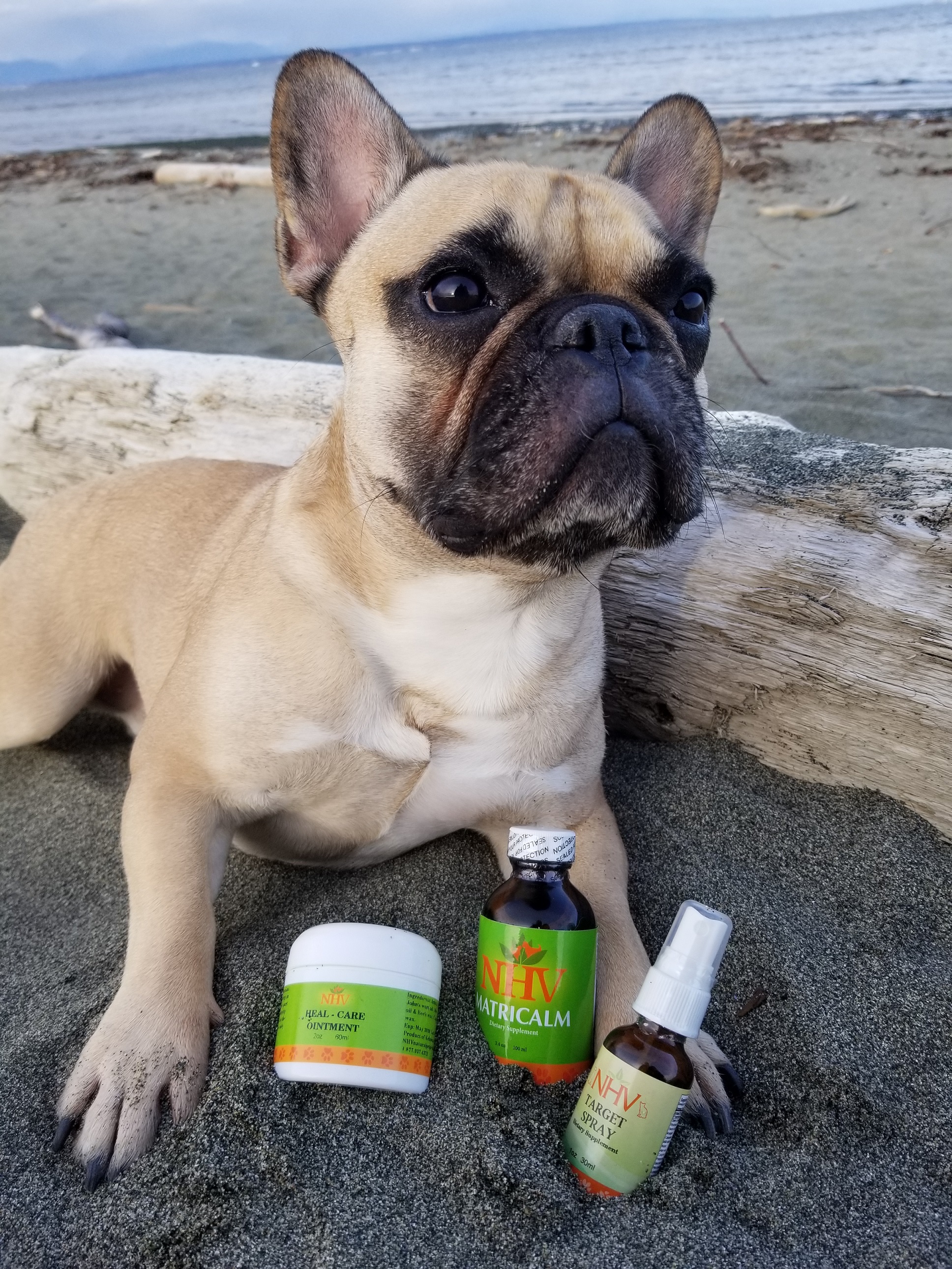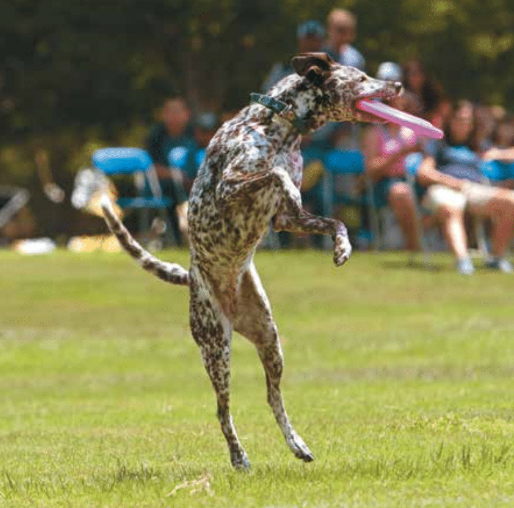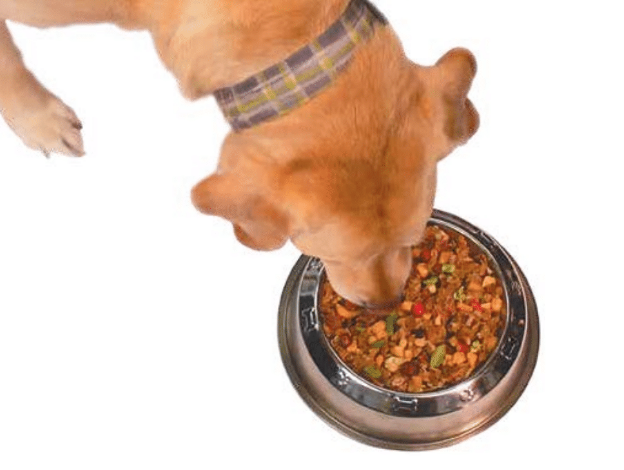Digestive Relief
Pet Age Staff //June 6, 2017//
By Eric Stenson
In today’s stressful world, people often feel a bit dyspeptic. Busy schedules, eating on the run and high stress contribute to this feeling. Many people find digestive relief through the use of probiotics, employed to encourage production of beneficial flora in the gut. Although dogs and cats don’t face the same work, family and other obligations we humans do, they, too, can live a happier life through improved digestion.
According to WebMD’s “Ask the Veterinarian,” research shows that probiotics can be beneficial when dogs or cats suffer from digestive problems. Probiotic “good” bacteria can lower intestinal pH, helping to not only boost their own numbers, but to also lower the numbers of disease-causing bacteria in a pet’s gut while making it harder for potentially disease-causing pathogens to set up shop in the small intestine.
They also can help boost poor immune function, address bacterial imbalance and enhance the health of cells in the tissues of pets’ gastrointestinal tracts that produce digestive enzymes.
And anybody can tell you that having a pet that is suffering from constipation, diarrhea or bloating is a miserable experience for all concerned.
Probiotic Options
Many companies make probiotic supplements in various forms. Natren Probiotics of Westlake Village, California, makes a full line of products for humans in addition to its supplements for dogs, cats and horses, according to probiotic consultant Esmeralda Navarrete. The company has been producing supplements for 20 years.
“It’s the beneficial bacteria already in pets and adds that bacteria to their digestive tracks,” she said. “We use lactobacillus acidophilus and enterococcus faecium. It helps them digest certain foods, and it helps with antibiotics since they destroy good and bad bacteria. It restores intestinal flora.”
Natrens’ three pet formulas are called Caninedophilus, Felinedophilus and Equiflora. They are packaged in syringes and come in gel form.
“You can either squirt it direct in their mouths or put it in their food,” Navarrete explained. “We have one owner who puts it in peanut butter. The dog just eats it.”
Susan Goldstein, co-founder and co-CEO of Earth Animal in Southport, Connecticut, produces Health Digestion, a daily digestive support powder that contains a proprietary probiotic and enzyme blend, which includes lactobacillus and acidophilus.
“It’s easy to mix in with food and you can mix it with yogurt or goat’s milk,” she said. “We’ve had great success with palatability.”
Health Digestion is just one of the products made by Earth Animal, founded and operated by Goldstein and her husband, holistic veterinarian Dr. Bob Goldstein.
“We approach it from a holistic veterinary perspective,” Goldstein said. “We’ve been treating dogs and cats and support the body’s natural defense mechanisms, about 72 percent of which live in the digestive tract.”
A Strong Immune System
Goldstein draws a close tie between digestive health and overall immune well-being.
“Keeping the immune system strong is huge for life extension and quality of life,” she said.
Goldstein adds that poor diet and a dependence on antibiotics contribute to the sort of digestive ailments that probiotics help alleviate.
“It really starts in the immune system, where friendly bacteria are found,” she said. “Over-prescribing causes havoc in the intestinal tract; probiotics help reset the population of healthy organisms.”
When it comes to interactions with retailers, Goldstein encourages them to think of themselves not just as purveyors of products but as partners in the wellbeing of pets.
“We appeal to retailers who are healers rather than just retailers,” she said. “Some are just learning to help pet families help their animals and some are masters. You enter your work day with purpose. Those who have a lot of inner knowledge, they gravitate to probiotics.”
Whole-Food Based
Natura Petz Organics in Minneapolis was founded in 2008. President Heidi L. Nevala sought to use her experience as a master herbalist to develop products and “educate pet parents on the highly specialized nutritional values and plant actions they may impart for their pets.”
Nevala emphasizes that her company’s probiotic supplements are whole-food based and are formulated to help deliver probiotic support as well as symptomatic relief of digestive maladies, with the larger goals of addressing the underlying root cause of the problem, restoring body
system balance. They also have some pretty clever names—Yummy Tummy, Shake Your Groove Thing and Tummy Gladiator, to mention a few.
“Every dog and cat has its own unique, individual probiotic needs that may not be fully addressed by a probiotic isolate,” she said. “Each probiotic formula we offer contains hundreds of synergistic natural plant chemicals, including prebiotics, probiotics, inulin, fiber, digestive enzymes, fructooligosaccharides (FOS), antioxidants and fatty acids, the sum total of which may
help deliver layered, therapeutic digestive health benefits to your dog.”
Nevala also mentions that her products undergo minimal processing so they can retain maximum effectiveness.
“Most commercial foods contain probiotics and enzymes that are heated and are highly processed. Our whole-food probiotic supports are stable at natural pH levels of dogs and cats and are not destroyed by heating, cooling or mechanical processing,” she said. “These same probiotics and enzymes help your pet activate and utilize vitamins and minerals in their diet, so you see full circle the critical role they play in supporting not only digestive health but optimal wellness.”
Retailers have seen customers showing increased interest in probiotics for their pets, according to Glenda Green of Dog Lovers of Tarpon in Tarpon Springs, Florida. Brenda Watson’s Vital Planet Flora Dog is one of her store’s biggest sellers, available in a powder or in tablets or caplets, and raw, fermented goat’s milk is also popular.
“Customers ask for something for digestion, but they don’t know what they need to use,” she said. “We’ve gotten very good feedback.”
According to Watson, the need for probiotics is most common in dogs that have received vaccinations, been on antibiotics or have recently undergone a change in diet.
“It puts the good biotics back in their systems,” she said.
According to Green, what works for people regarding digestive health often works for their pets. Probiotics can be purchased in tandem with prebiotics, which are products based on non-digestible, soluble fiber that helps stimulate the production of probiotics in a pet’s gut, according to Whole Dog Journal.



















